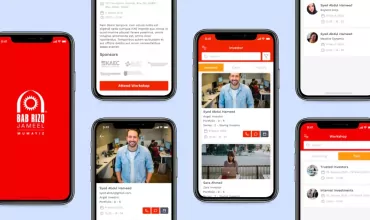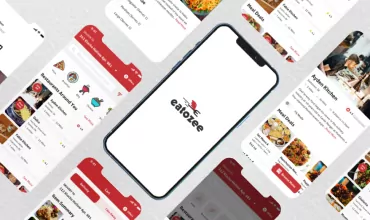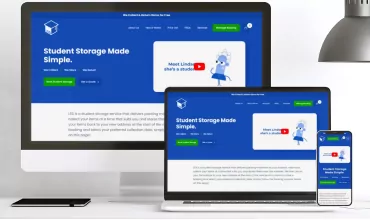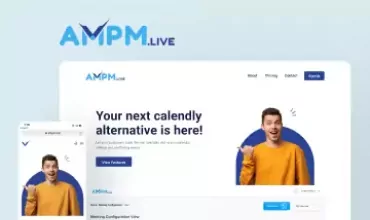Android Application Development – Custom Android Application Development
Table of Contents
The world of mobile phones is now under the grip of new technology. Most of the smart phones that facilitate the internet surfing is Android based. This is the reason behind the increase in Android applications. Android application development assists in developing new and unique applications for their users.
There are lots of technology involved in Android application development. if the android developer wants to incorporate other third party applications, he or she can easily do it using the java and android open source framework. Android uses GSM, CDMA, EDGE, Wi-Fi, Bluetooth, EV-DO and UMTS to send and receive data on varied platforms. It also allows 2D and 3D graphics as well as incorporates MPEG4, H.263, H.264, AMR, AMR-WB, MP3, AAC, JPG, BMP, GIF, PNG, WAV, and MIDI formats for image, video and audio files. Other features include Video camera, GPS, touchscreens, accelerometer, and magnetometer etc. you can even use the Interprocess communication (IPC) message passing and P2P for Google Talk as well as SQLite for data storage etc.
Android Application Development is based on four basic components:
o Activities: A UI component that corresponds to display screens. Each activity displays one screen to the user. When the activity is not running, the operating system can kill it to save memory space.
o Broadcast Receiver: Is a reaction to an event. For example, phone ringing.
o Services: The tasks that run in the background. For example, an MP3 players running in the background while the user has gone to use other application on mobile device.
o Content Provider: Shares data with other activities and services.
Android includes a SDK that provides a wide range of libraries and tools for Android Application Development. The SDK provides a complete set of tools to design the UI for an application and to develop and debug application code. The SDK includes multiple versions of Android platform (For example, Android 1.1, and Android 1.5) that you can use for Android Application Development. For each version, the SDK provides a fully compliant Android library and system image.
Android SDK includes some core applications:
o An e-mail client compatible with Gmail
o An SMS program
o A Personal Information Management (PIM) program including a calendar and contact list
o A Google Map Application
o A web browser
o A music player
o A picture viewer
o The Android Marketplace client to download third-party application
o The Amazon MP3 store client to purchase DRM free music



